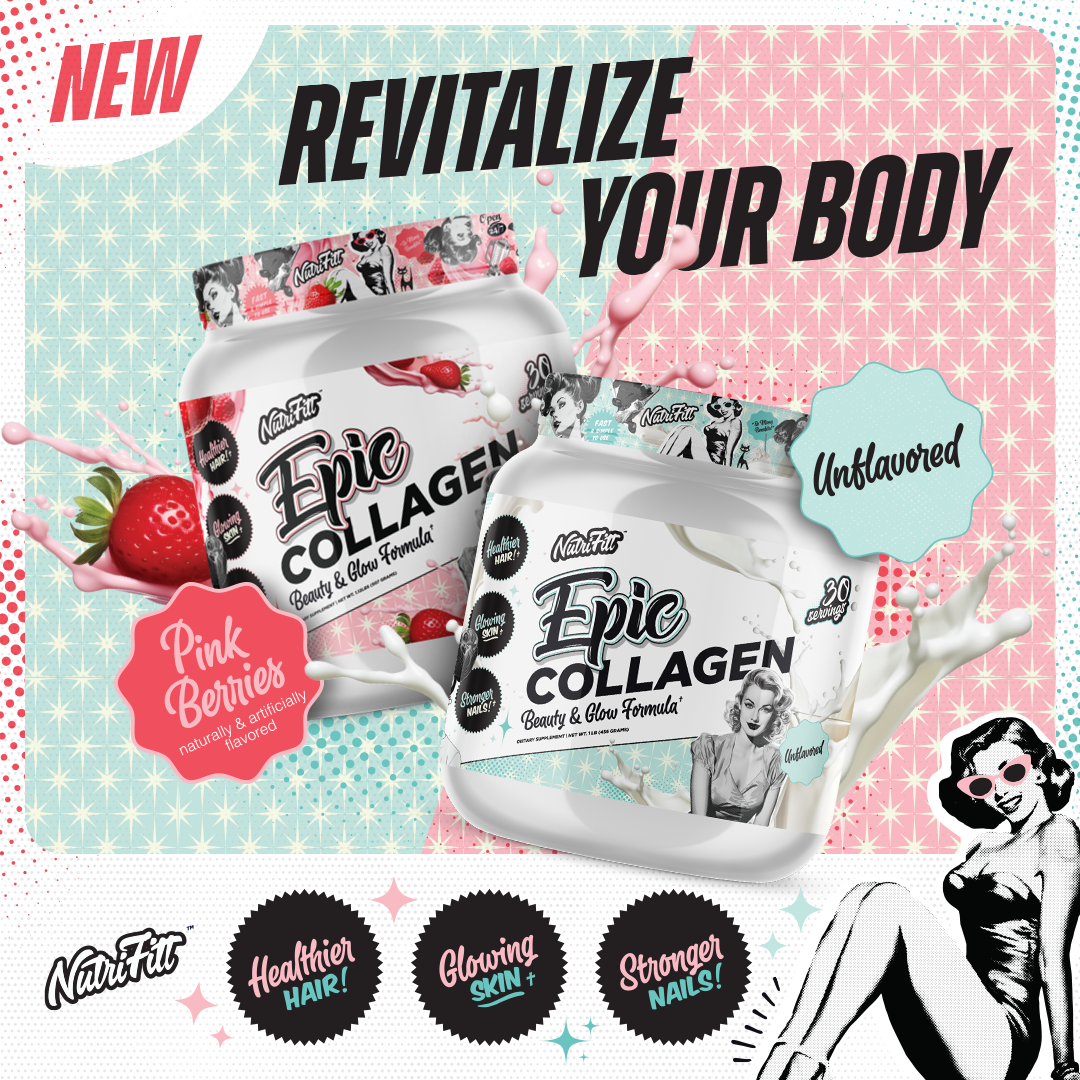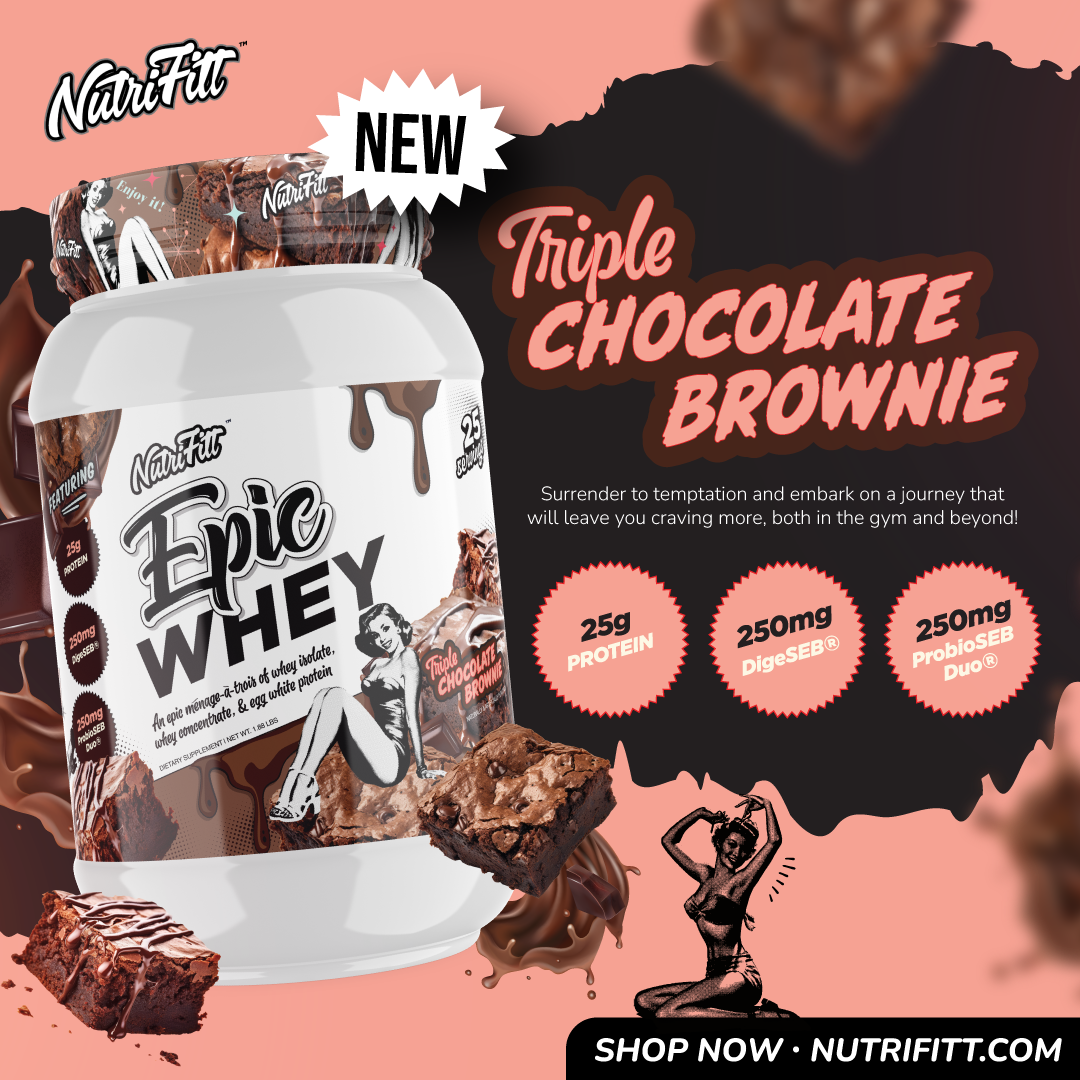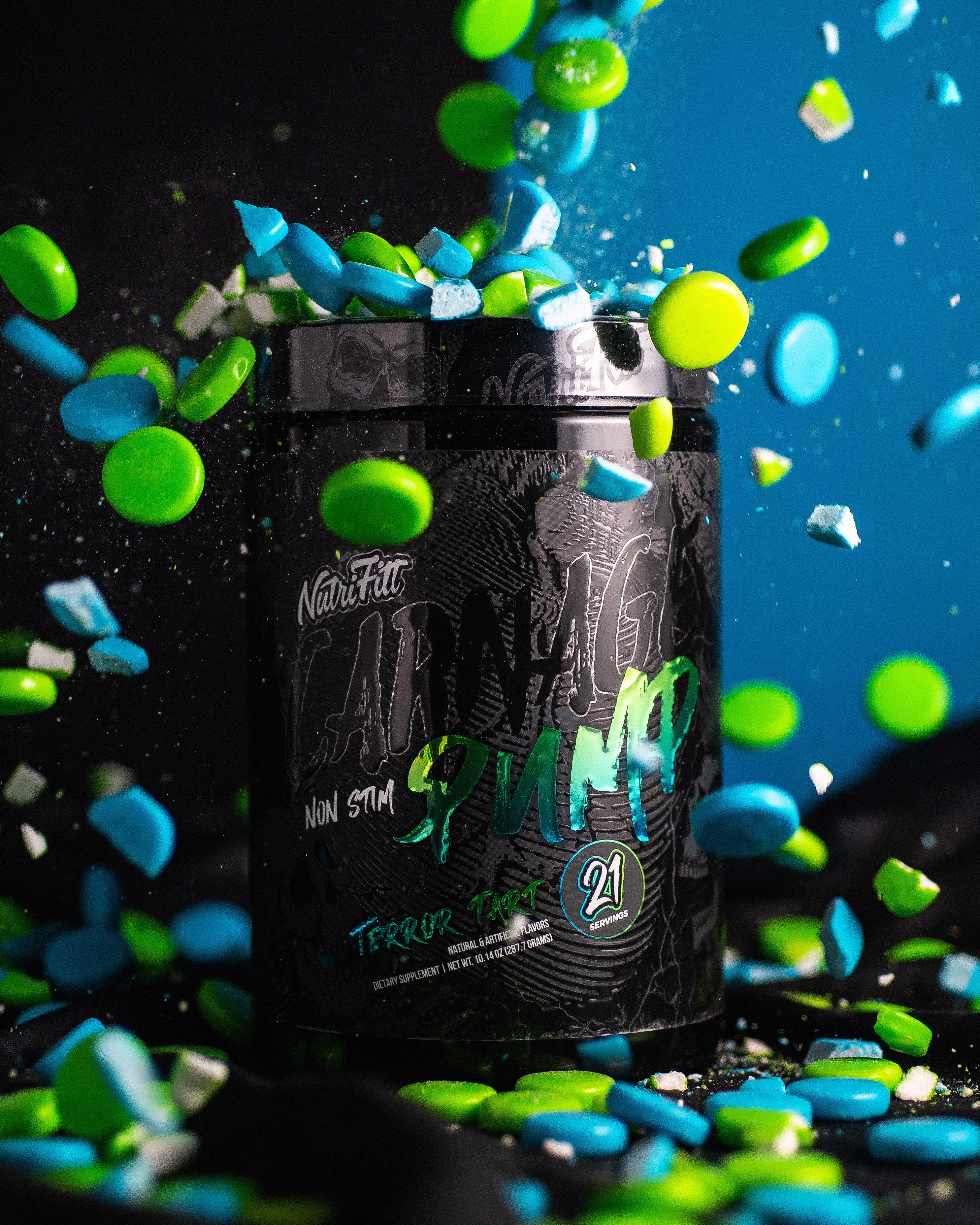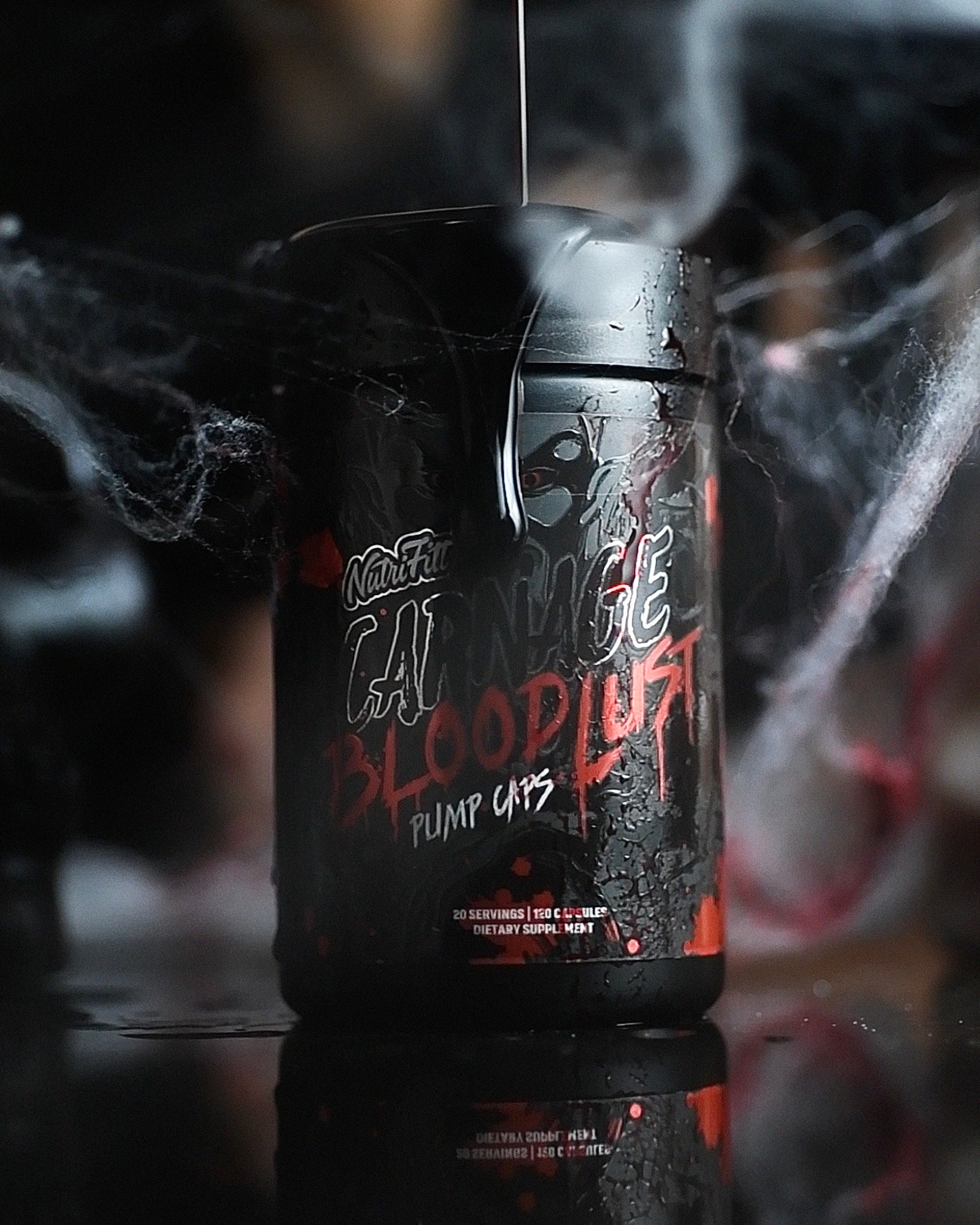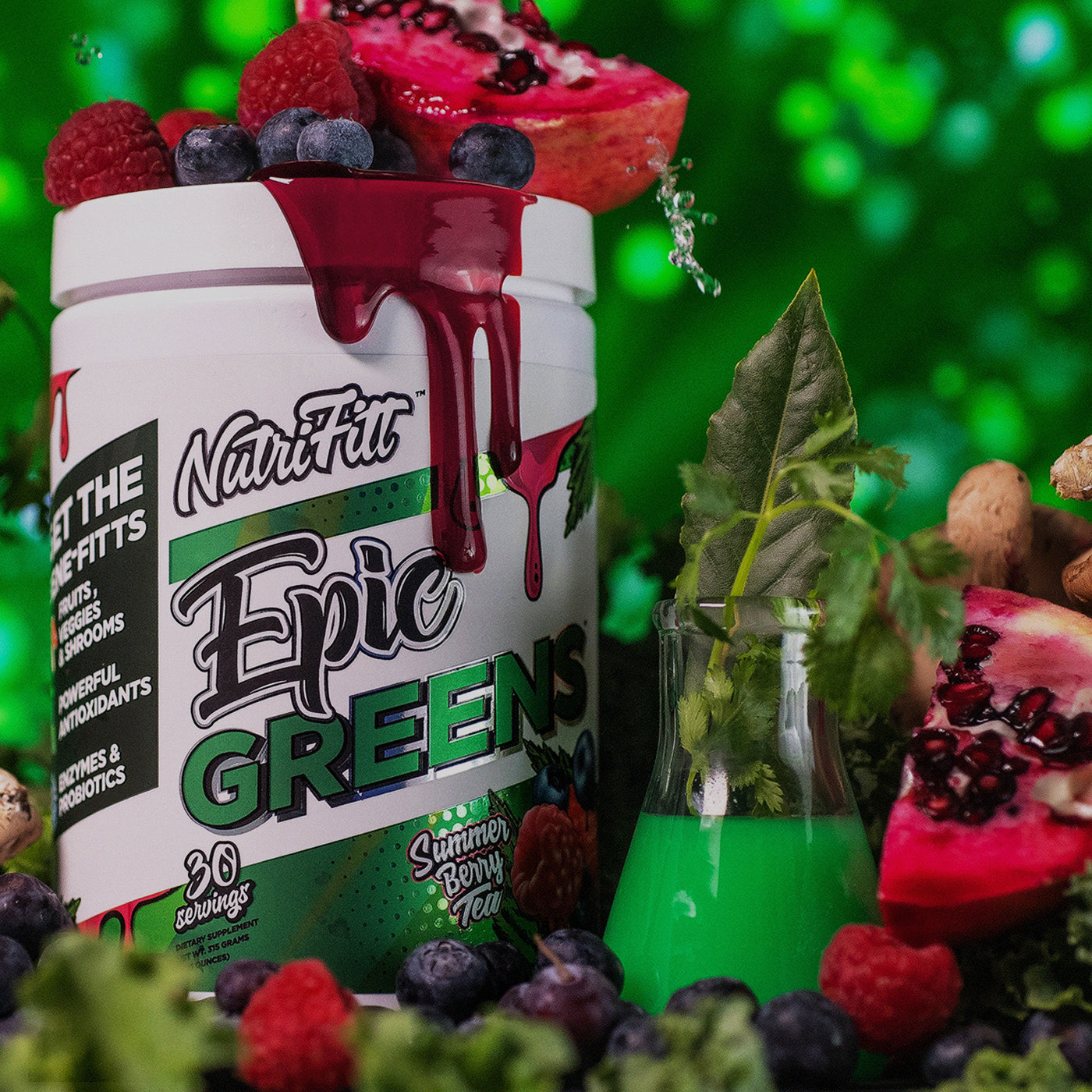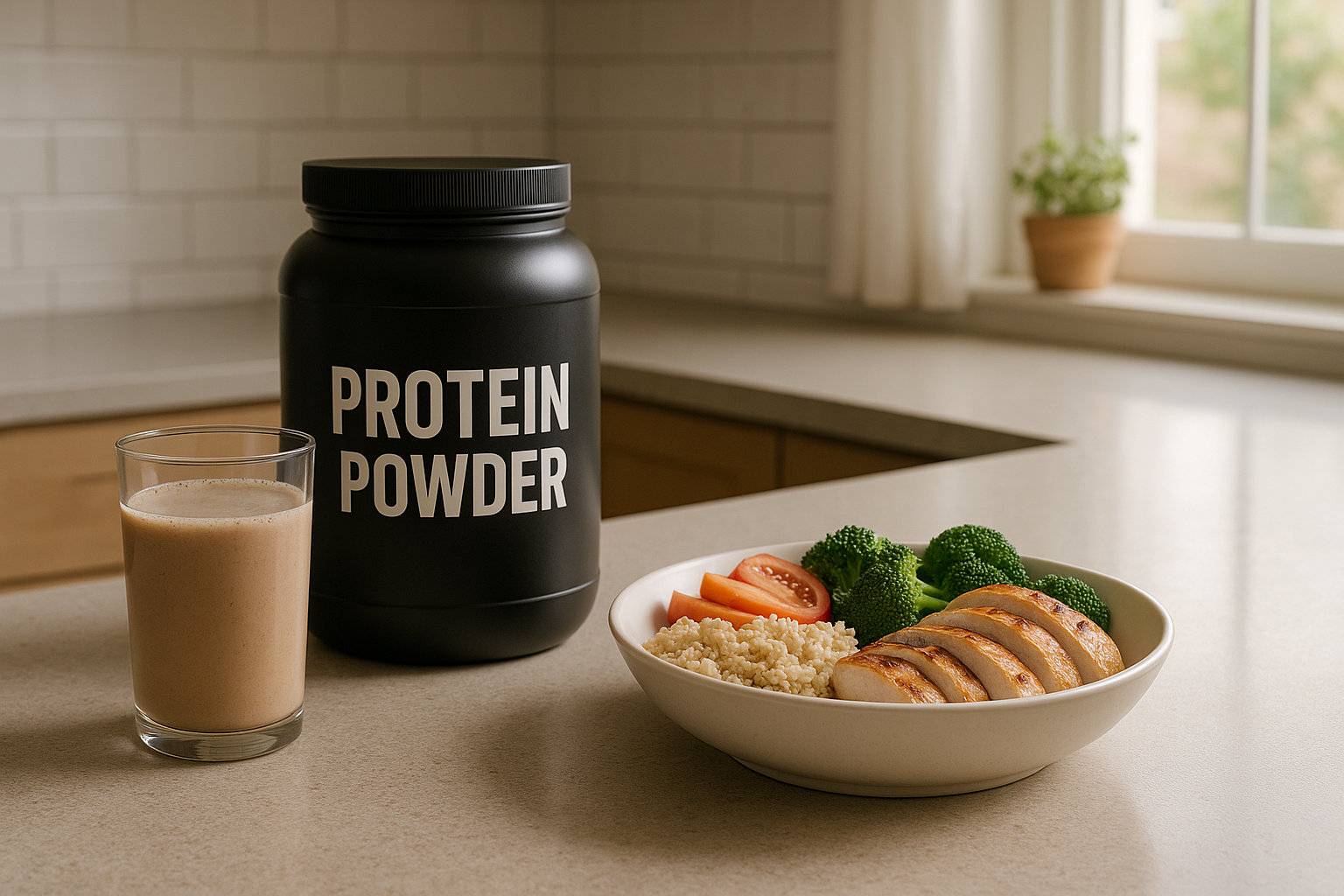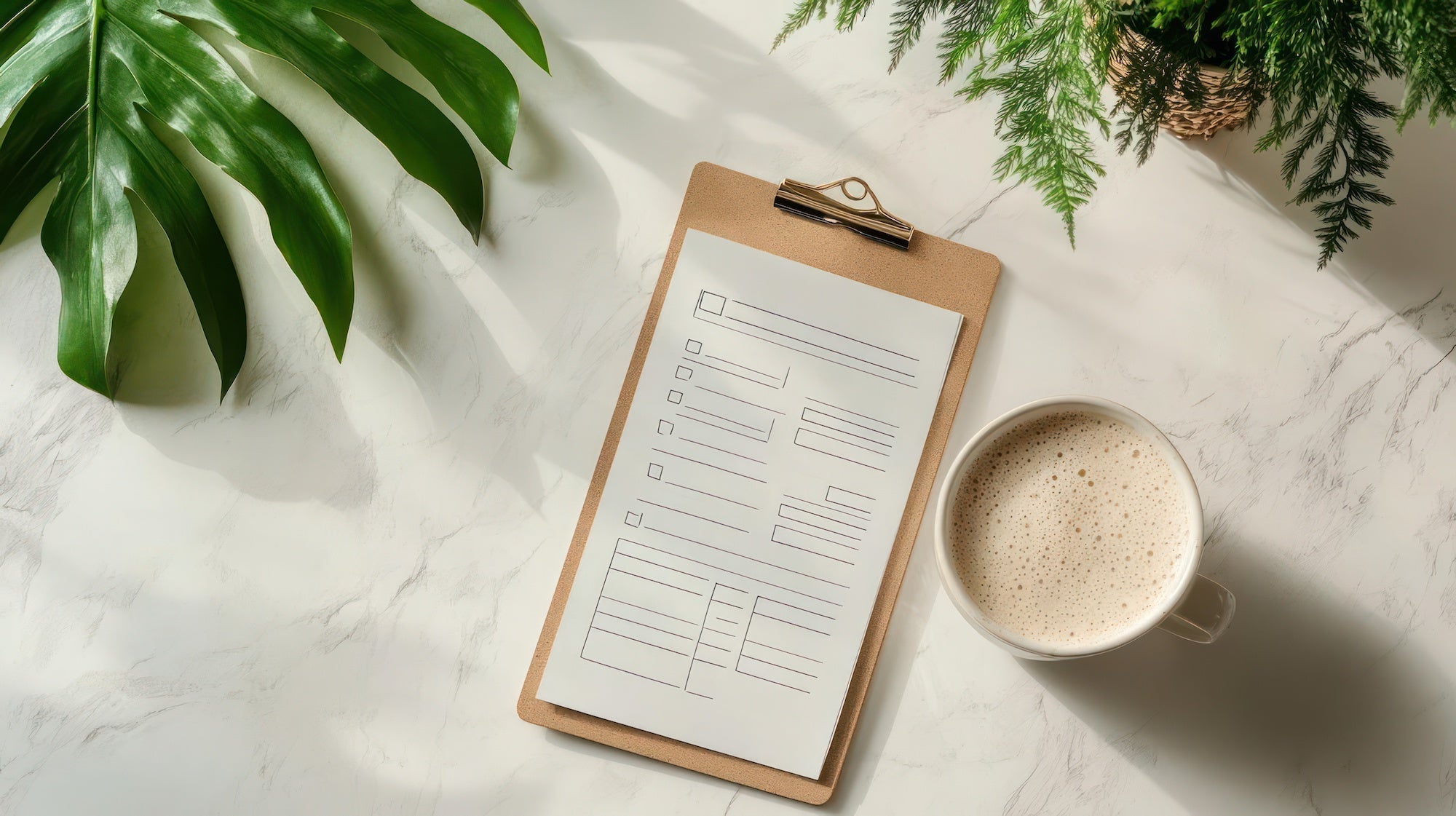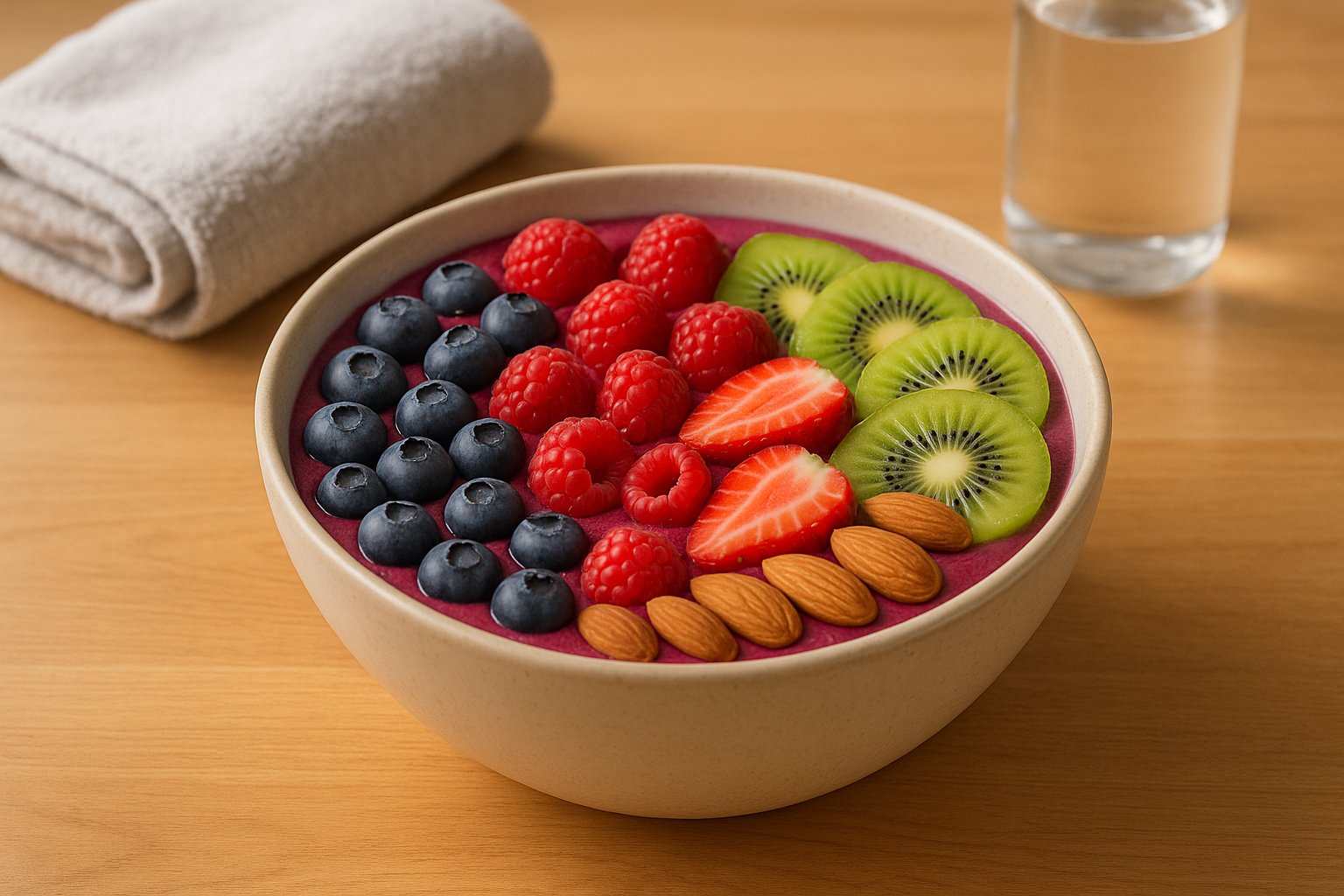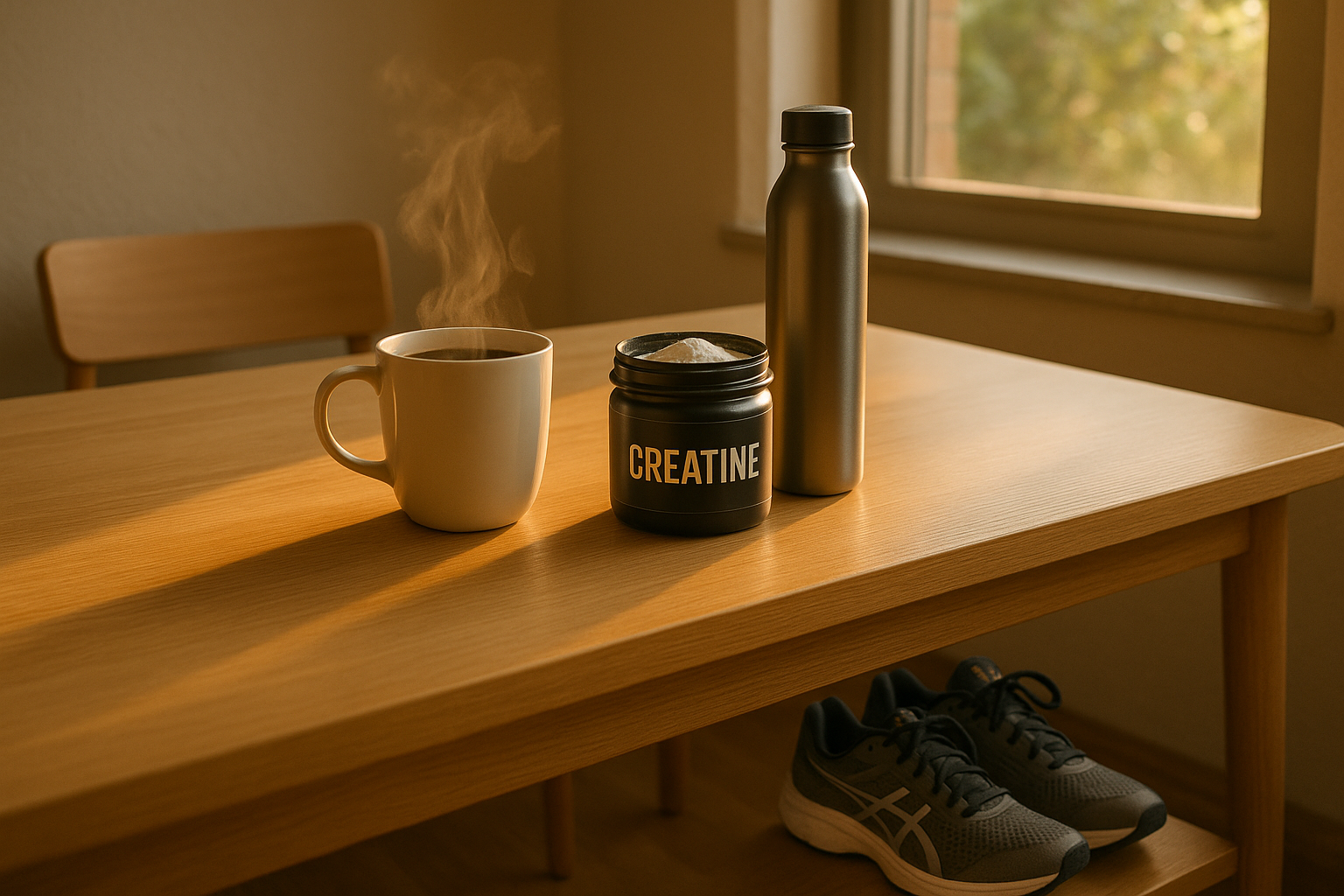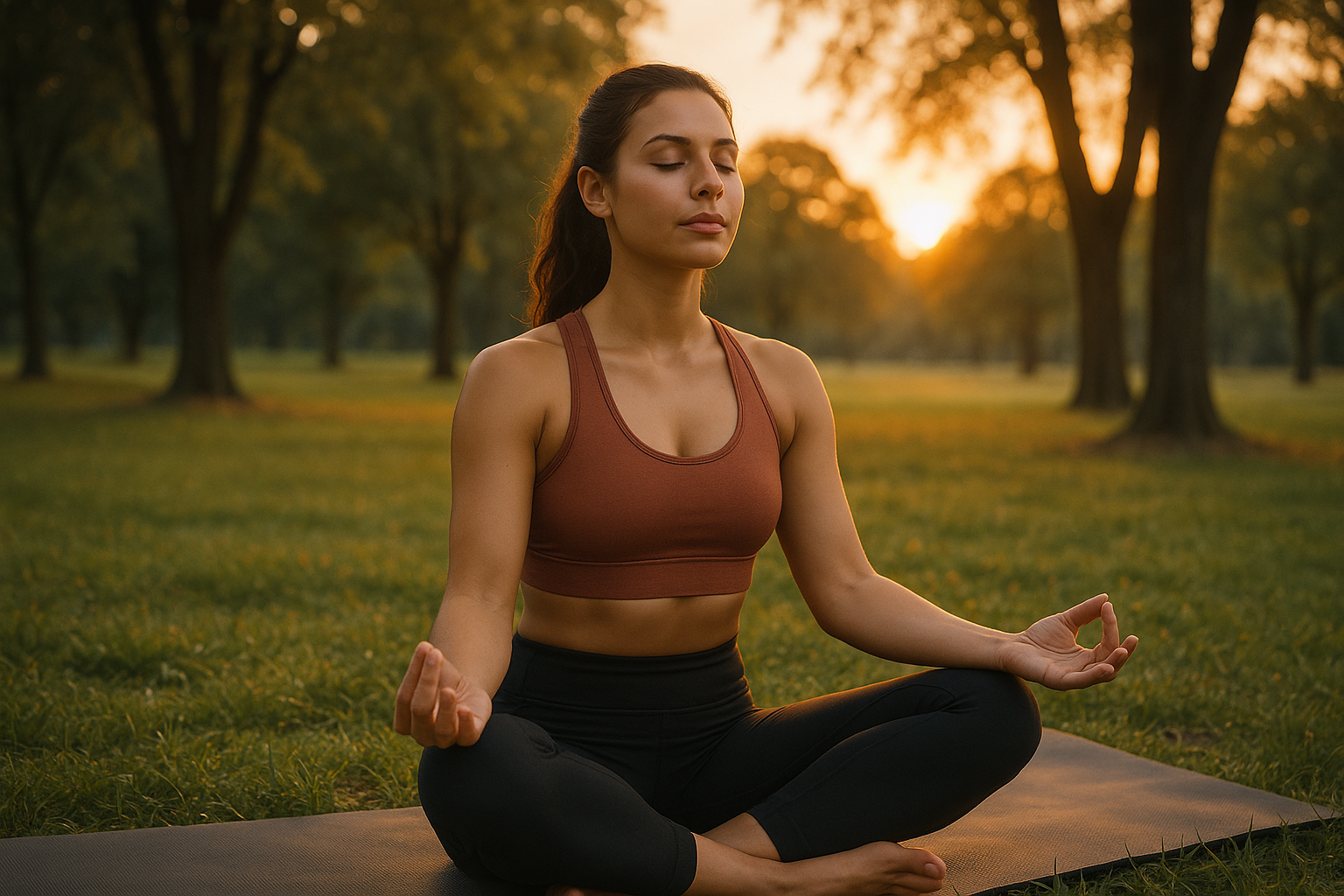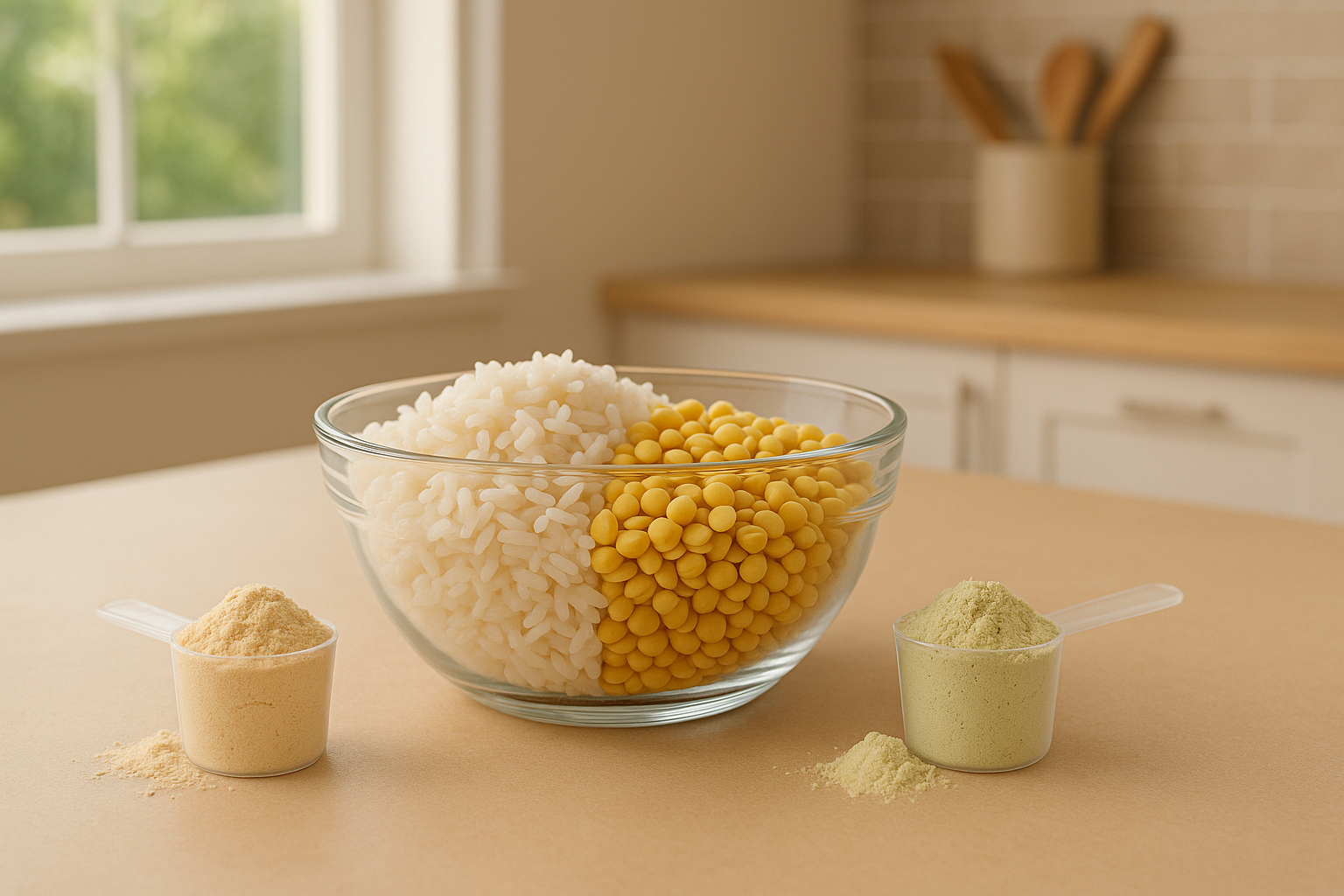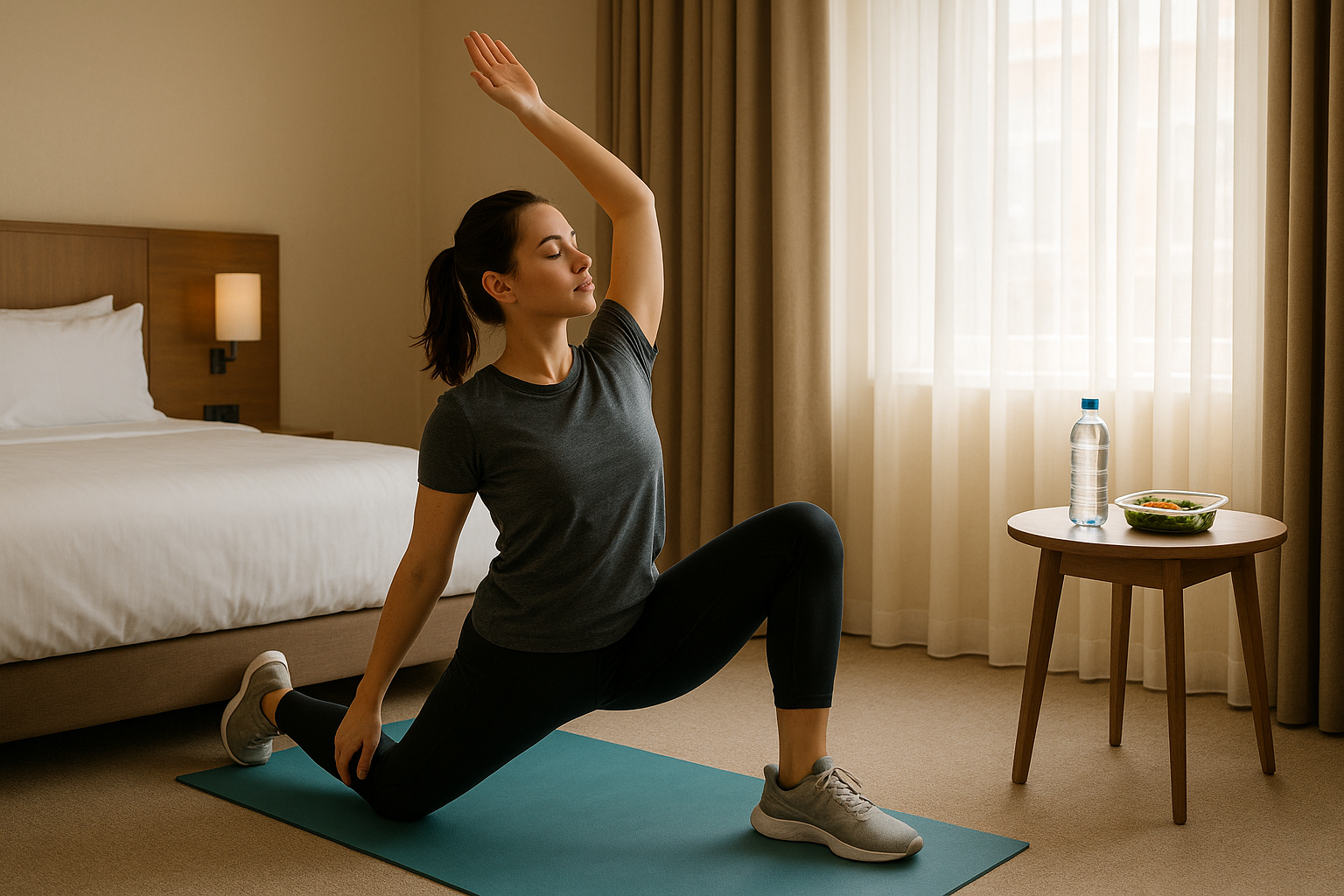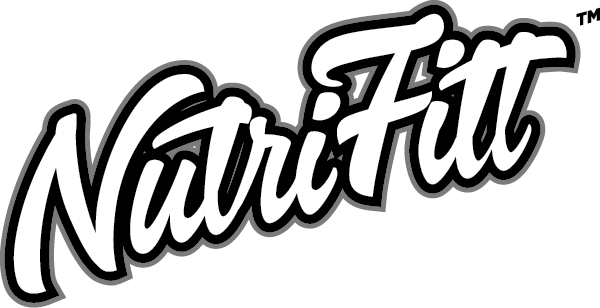
WANT BETTER SLEEP? AVOID CONSUMING THESE THINGS AT NIGHT
BY: MATT WEIK
 Are you finding it difficult to sleep at night? Are you waking up overly tired? You may
Are you finding it difficult to sleep at night? Are you waking up overly tired? You may
be consuming something before bed that is hindering your sleep. Lack of sleep can
cause many different health issues and can negatively impact your life and those
around you. Focusing on getting better sleep each night should be a priority of yours.
While you have the common external factors such as bright lights, noise, and the
temperature of your bedroom, there are actually other factors such as the things you
consume that can hinder your ability to get quality rest. This article is going to lay out
some of the things you should avoid consuming before bed to give you the best chance of better sleep.
1. Large Meals
To kick things off, we actually have an extreme on both ends of the spectrum. Not only
can large meals hinder your sleep, but going to bed hungry (in a severe caloric deficit)
also negatively affects your sleep. If you want better sleep, you need to find a happy
medium.
When you consume large meals before bed, it can cause you some discomfort due to
bloating and distention. Having a large meal in your stomach will most certainly cause
your body to start the digestion process which will cause an increase in body
temperature. This increase in temperature can be enough to alter your sleep cycle.
Additionally, it can cause you to feel restless and keep you awake.
To combat this, try working the bulk of your calories and meals earlier in the day. This
can help provide you with better sleep.
On the flip side, dropping your calories too low and creating a sense of hunger can also
cause you to have a poor night’s sleep. If you’ve ever tried cutting your calories, you
have probably been in the situation where you wake up in the middle of the night hungry
and starving.
If you want to get better sleep, you should focus on cutting your calories slowly – around
250-500 each day rather than going to the extreme and crash-dieting.
2. Caffeine
It should go without saying that anything with caffeine is probably a bad idea to
consume late at night before bed. This can be anything from a pre-workout, coffee,
caffeinated beverages like soda or tea, and energy drinks. Caffeine will cause you to
feel energized due to the stimulant properties and will not allow you to properly relax
and unwind to get restful sleep. If your adrenals are fatigued, the effects of caffeine
might not affect you, but that is a very specific situation and not one that many will be in.
Caffeine can stay in your system for upwards of seven hours. Consuming it late at night
can completely disrupt your sleep the entire night until it wears off and you start feeling
tired and fatigued. If you want better sleep, try to skip the caffeine after 2pm to give
your body enough time to let the effects of caffeine subside (maybe even earlier if you
are sensitive to stimulants).
3. Alcohol
Some people say alcohol helps put them to sleep. Generally, this is with a population
who doesn’t regularly consume alcohol. Those who consume alcohol regularly will
become immune to the sedative effects and will no longer feel the same effects from
their adult beverage of choice. But research has shown that it can actually be
disruptive.
Sure, that initial ability to fall asleep may sound good but the second half of the night
can be disastrous. Many will find that the second half of the night they will toss and turn
and not be able to achieve deep REM sleep.
The overall sleep quality of the individual decreases due to the effects of alcohol. This
can cause the individual to feel more tired and lethargic the following day and obviously,
this has a domino effect on performance in the workplace as well as the gym. Those
who use alcohol as a way to fall asleep soon find they need more and more in order to
get the same effect. Unfortunately, this can lead to dependency, abuse, and even
alcoholism.
4. Liquid Meals
Research has actually been done that looks at the difference between liquid meals and
solid meals prior to bed. The findings have shown that solid meals actually help
promote better sleep when compared to liquid meals, but only if the meal isn’t large. As
mentioned in #1, large meals can actually cause you to stay awake at night rather than
help you fall asleep. Looking at that example, one would think liquid meals would be a
better option – but they aren’t.
The studies done have mentioned that if you are going to use something like a protein
shake or even a liquid meal replacement, it should be utilized during the day rather than
at night if you are looking for better sleep.
To learn more about Matt Weik, visit www.weikfitness.com
 Are you finding it difficult to sleep at night? Are you waking up overly tired? You may
Are you finding it difficult to sleep at night? Are you waking up overly tired? You maybe consuming something before bed that is hindering your sleep. Lack of sleep can
cause many different health issues and can negatively impact your life and those
around you. Focusing on getting better sleep each night should be a priority of yours.
While you have the common external factors such as bright lights, noise, and the
temperature of your bedroom, there are actually other factors such as the things you
consume that can hinder your ability to get quality rest. This article is going to lay out
some of the things you should avoid consuming before bed to give you the best chance of better sleep.
1. Large Meals
To kick things off, we actually have an extreme on both ends of the spectrum. Not only
can large meals hinder your sleep, but going to bed hungry (in a severe caloric deficit)
also negatively affects your sleep. If you want better sleep, you need to find a happy
medium.
When you consume large meals before bed, it can cause you some discomfort due to
bloating and distention. Having a large meal in your stomach will most certainly cause
your body to start the digestion process which will cause an increase in body
temperature. This increase in temperature can be enough to alter your sleep cycle.
Additionally, it can cause you to feel restless and keep you awake.
To combat this, try working the bulk of your calories and meals earlier in the day. This
can help provide you with better sleep.
On the flip side, dropping your calories too low and creating a sense of hunger can also
cause you to have a poor night’s sleep. If you’ve ever tried cutting your calories, you
have probably been in the situation where you wake up in the middle of the night hungry
and starving.
If you want to get better sleep, you should focus on cutting your calories slowly – around
250-500 each day rather than going to the extreme and crash-dieting.
2. Caffeine
It should go without saying that anything with caffeine is probably a bad idea to
consume late at night before bed. This can be anything from a pre-workout, coffee,
caffeinated beverages like soda or tea, and energy drinks. Caffeine will cause you to
feel energized due to the stimulant properties and will not allow you to properly relax
and unwind to get restful sleep. If your adrenals are fatigued, the effects of caffeine
might not affect you, but that is a very specific situation and not one that many will be in.
Caffeine can stay in your system for upwards of seven hours. Consuming it late at night
can completely disrupt your sleep the entire night until it wears off and you start feeling
tired and fatigued. If you want better sleep, try to skip the caffeine after 2pm to give
your body enough time to let the effects of caffeine subside (maybe even earlier if you
are sensitive to stimulants).
3. Alcohol
Some people say alcohol helps put them to sleep. Generally, this is with a population
who doesn’t regularly consume alcohol. Those who consume alcohol regularly will
become immune to the sedative effects and will no longer feel the same effects from
their adult beverage of choice. But research has shown that it can actually be
disruptive.
Sure, that initial ability to fall asleep may sound good but the second half of the night
can be disastrous. Many will find that the second half of the night they will toss and turn
and not be able to achieve deep REM sleep.
The overall sleep quality of the individual decreases due to the effects of alcohol. This
can cause the individual to feel more tired and lethargic the following day and obviously,
this has a domino effect on performance in the workplace as well as the gym. Those
who use alcohol as a way to fall asleep soon find they need more and more in order to
get the same effect. Unfortunately, this can lead to dependency, abuse, and even
alcoholism.
4. Liquid Meals
Research has actually been done that looks at the difference between liquid meals and
solid meals prior to bed. The findings have shown that solid meals actually help
promote better sleep when compared to liquid meals, but only if the meal isn’t large. As
mentioned in #1, large meals can actually cause you to stay awake at night rather than
help you fall asleep. Looking at that example, one would think liquid meals would be a
better option – but they aren’t.
The studies done have mentioned that if you are going to use something like a protein
shake or even a liquid meal replacement, it should be utilized during the day rather than
at night if you are looking for better sleep.
To learn more about Matt Weik, visit www.weikfitness.com
Latest Posts
Ultimate Guide to Pre-Workout Timing
Want to maximize your workouts? It’s all about timing your pre-workout right. Here's the key: take your pre-workout 20–45 minutes before exercising to ensure peak energy, focus, and endurance. Timing...
How Beta-Alanine Boosts Endurance
Beta-alanine helps you push through fatigue and improve endurance by increasing carnosine levels in your muscles. This amino acid works as a buffer, reducing acid buildup during high-intensity exercise. Unlike...
Protein Powders vs Whole Foods: Post-Workout Nutrition
After a workout, your body needs protein to repair and strengthen muscles. You can choose between protein powders and whole foods for this, each offering unique benefits and drawbacks. Protein...
Checklist: Choosing Sleep Nootropics
Struggling with poor sleep? Sleep nootropics might be the solution to help you rest better and wake up sharper. These supplements are designed to improve sleep quality without grogginess, making...
How Antioxidant Blends Improve Recovery
Key Points: Oxidative Stress: Exercise produces free radicals that can damage cells. Antioxidants neutralize these and protect muscle tissue. Inflammation: Polyphenols and plant extracts reduce inflammation and muscle soreness, aiding...
Caffeine, Creatine, and Performance: Understanding the Science
Caffeine and creatine are two of the most popular and researched supplements for improving physical and mental performance. Here’s what you need to know: Caffeine boosts energy and focus by...
Stress, Cortisol, and Training: How to Avoid Plateaus
Feeling stuck in your fitness journey? Chronic stress and high cortisol levels might be the hidden culprits. Even if your workouts and diet are on point, elevated cortisol can interfere...
Rice and Pea Protein: A Perfect Amino Acid Match
Looking for a plant-based protein that delivers on nutrition? Combining rice and pea proteins gives you a complete amino acid profile, rivaling animal-based options. Rice protein is rich in methionine...
Adapting Workouts and Nutrition for Travel or Busy Schedules
When life gets hectic or you're on the move, staying consistent with workouts and nutrition can feel like a challenge. But you don't need a perfect setup to keep your...
